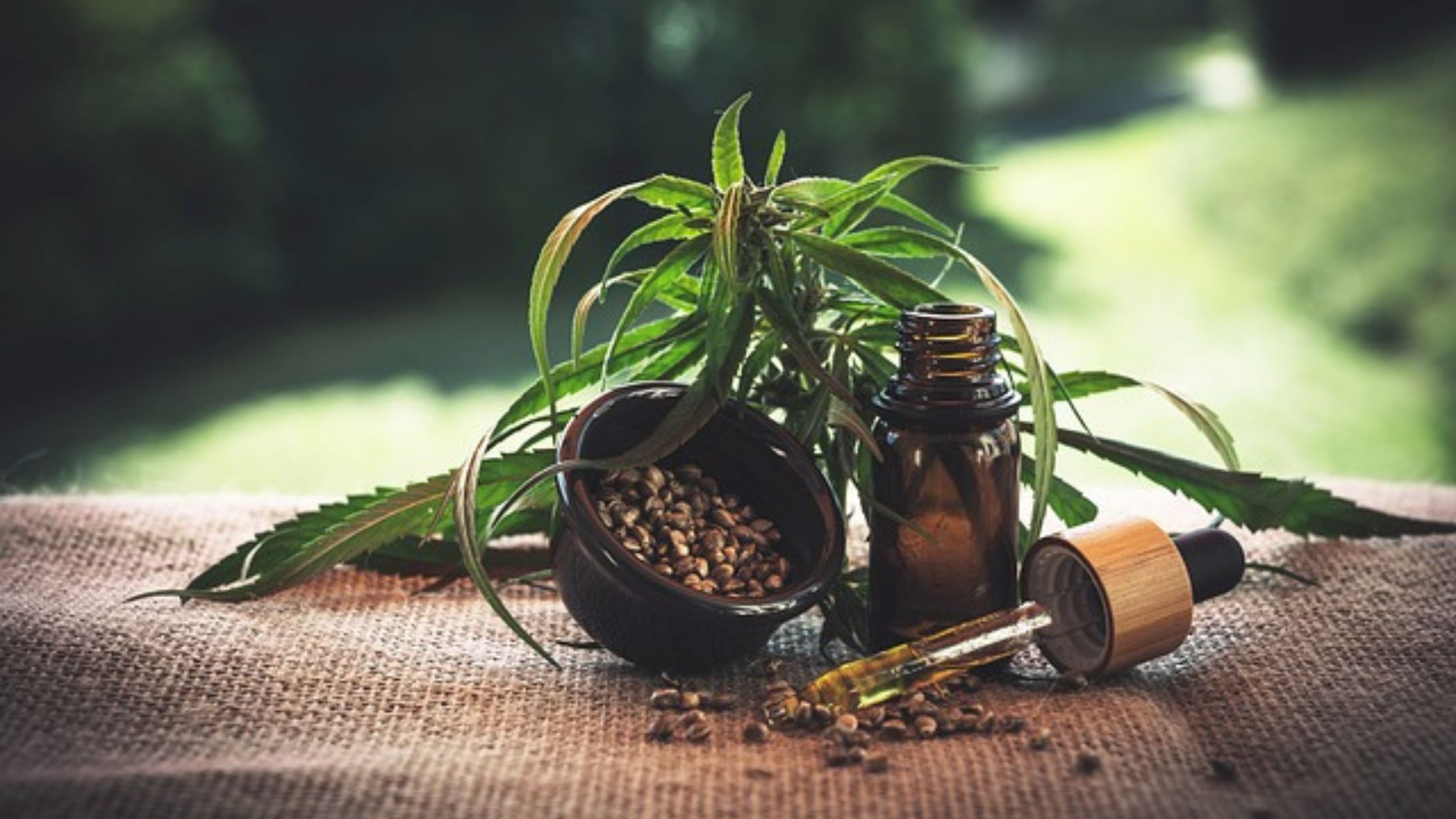Introduction to Cannabinoids
When it comes to cannabis, two compounds often come up in conversation: THCA and THC. Though these two sound similar, they have unique characteristics, effects, and benefits. If you’ve ever wondered what sets them apart and how they work, you’re not alone. Let’s explore the world of cannabinoids and break down the differences between THCA and THC.
A Brief History of Cannabinoids
Cannabinoids are compounds found in the cannabis plant, and they’ve been used for centuries. Ancient civilizations harnessed the plant’s medicinal properties long before we fully understood what made cannabis work. It wasn’t until the 1960s that scientists discovered cannabinoids like THC and later THCA. Now, we know much more about how these compounds interact with our bodies, making them hot topics in the medical and recreational cannabis worlds.
Cannabinoid Basics: What Are THCA and THC?
At the heart of the cannabis plant are its cannabinoids, chemical compounds that interact with our body’s systems. THCA (tetrahydrocannabinolic acid) and THC (tetrahydrocannabinol) are two of the most well-known. However, they serve very different purposes.
THCA: The Non-Psychoactive Precursor
What is THCA?
THCA is a naturally occurring compound found in raw cannabis plants. It’s the precursor to THC, meaning it hasn’t been activated yet. THCA itself doesn’t cause any psychoactive effects, so you won’t get high from it. However, it plays a significant role in the plant’s overall chemical makeup.
How THCA Becomes THC
When THCA is exposed to heat—whether through smoking, vaping, or cooking—it undergoes a process called decarboxylation. In simple terms, it loses a carboxyl group (a fancy chemical term) and becomes THC, which is the compound responsible for the cannabis “high.” This conversion is key to understanding why consuming raw cannabis has different effects than heated or processed cannabis.
Benefits of THCA
Though it doesn’t have psychoactive effects, THCA is still a valuable compound. Research suggests it offers several potential health benefits.
Anti-Inflammatory Properties
One of the most exciting areas of study around THCA is its anti-inflammatory effects. This could be particularly beneficial for people dealing with chronic inflammation or autoimmune diseases.
Neuroprotective Benefits
Some studies indicate that THCA may offer neuroprotective properties, potentially helping to protect brain cells from damage. This could make it useful for people with neurodegenerative conditions like Alzheimer’s or Parkinson’s disease.
Antiemetic Properties
THCA might also help reduce nausea and vomiting. This is particularly beneficial for patients undergoing treatments like chemotherapy, where nausea can be a significant side effect.
THC: The Psychoactive Component
What is THC?
THC, short for tetrahydrocannabinol, is the most famous cannabinoid. It’s what gives cannabis its psychoactive effects—the “high” that users experience. THC binds directly to cannabinoid receptors in the brain, altering mood, perception, and cognition. For many, it’s the key to cannabis’s recreational use.
How THC Affects the Body and Brain
THC interacts with the brain’s endocannabinoid system, particularly with CB1 receptors. This interaction triggers a series of effects, including euphoria, relaxation, altered senses, and increased appetite. It’s also what causes the “munchies” after consuming cannabis.
Benefits of THC
Though often used recreationally, THC has several medicinal benefits as well.
Pain Relief
One of THC’s most well-known benefits is pain relief. It’s commonly used by patients with chronic pain conditions like arthritis or fibromyalgia.
Relaxation and Mood Enhancement
THC’s psychoactive effects can help relieve stress and anxiety in some users. It’s known for producing a sense of calm and euphoria, which can be helpful for those dealing with mental health conditions.
Appetite Stimulation
THC is famous for stimulating appetite. This can be a lifesaver for patients undergoing treatments like chemotherapy or suffering from conditions that suppress appetite.
THCA vs THC: Key Differences
Psychoactivity: THCA vs THC
The primary difference between THCA and THC is psychoactivity. While THCA doesn’t produce any mind-altering effects, THC is known for its strong psychoactive properties. If you consume raw cannabis, you’re getting more THCA, but if you heat it, you’re releasing THC.
How They Interact with the Endocannabinoid System
THCA and THC interact with the endocannabinoid system differently. THC binds directly to CB1 receptors in the brain, causing the high, while THCA doesn’t bind to these receptors in the same way. However, both can have medicinal effects, just through different mechanisms.
Consumption Methods: Raw vs Heated
If you’re consuming raw cannabis in a smoothie or salad, you’re getting mostly THCA. To activate THC, the cannabis needs to be heated—through smoking, vaping, or cooking. This distinction is important depending on the effects you’re looking for.
Medical Uses of THCA and THC
THCA’s Role in Medical Cannabis
THCA is gaining recognition for its medicinal potential. It’s being studied for its anti-inflammatory, neuroprotective, and anti-nausea properties. It could be a great option for patients who want the therapeutic benefits of cannabis without the high.
THC’s Role in Medical Treatments
THC is widely used for pain management, appetite stimulation, and even mental health conditions like PTSD. It’s one of the most researched cannabinoids due to its strong effects on both the body and brain.
Legal Status: THCA vs THC
Why THCA is Legal in Some Places but THC Isn’t
THCA is often legal in places where THC is not. Since THCA doesn’t produce psychoactive effects, many laws don’t regulate it the same way they do THC. However, once THCA is decarboxylated and turns into THC, it falls under the same legal restrictions as THC.
Conclusion
THCA and THC may sound similar, but they offer very different experiences and benefits. THCA is non-psychoactive and has promising medicinal properties, while THC is the cannabinoid responsible for cannabis’s well-known high. Understanding the differences between these two can help you choose the right product for your needs, whether it’s for recreational use or medicinal purposes.
Frequently Asked Questions
- Can THCA get you high?
No, THCA is non-psychoactive and won’t get you high. It’s only after it’s converted to THC through heating that it becomes psychoactive.
- How is THCA turned into THC?
THCA becomes THC when exposed to heat, in a process called decarboxylation. This happens when you smoke, vape, or cook cannabis.
- What are the medical benefits of THCA?
THCA offers anti-inflammatory, neuroprotective, and anti-nausea properties, making it useful for treating conditions like chronic inflammation and nausea.
- Why is THC illegal in some places but THCA isn’t?
Since THCA doesn’t produce a high, it’s often not subject to the same legal restrictions as THC, which is psychoactive.
- Can I consume THCA without converting it to THC?
Yes, consuming raw cannabis or products that haven’t been heated allows you to ingest THCA without it turning into THC.

